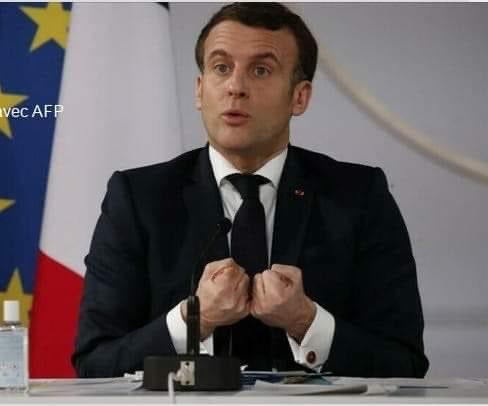French President Emmanuel Macron has announced that France will formally recognize a Palestinian state in September at the United Nations General Assembly, making it the first G7 country to take such a bold step.
The move, aimed at reviving the two-state solution and addressing the deepening humanitarian crisis in Gaza, is expected to intensify global debate over the Israeli-Palestinian conflict. Macron framed the recognition as a step toward peace, saying it was essential to provide Palestinians with political hope while guaranteeing Israel’s security.
But the decision has triggered strong opposition from Israel and the United States. Israeli Prime Minister Benjamin Netanyahu warned that the recognition could embolden extremist groups and further isolate Israel. He also accused Macron of fueling antisemitism—claims the French president dismissed as “abject” and “erroneous,” stressing France’s long-standing commitment to Jewish security and the fight against antisemitism.
Washington also pushed back, with the U.S. State Department insisting that Palestinian statehood should be achieved only through direct negotiations with Israel, not unilateral declarations. American officials cautioned that France’s recognition could complicate efforts to calm tensions in the region.
Despite the criticism, Macron is standing firm. He argued that France’s decision is not an act of hostility against Israel but rather a diplomatic push to break the deadlock. “The future of both peoples lies in two states, living side by side in peace and security,” he said.
Over 140 countries worldwide already recognize Palestine, but France’s move as the first industrialized Western power carries significant symbolic and political weight. Analysts say the decision could pave the way for other European nations to follow suit, reshaping international momentum around Palestinian statehood.
By linking the recognition to his address at the UN General Assembly, Macron is ensuring that France’s stance will resonate on a global stage and potentially influence broader Middle East diplomacy.


